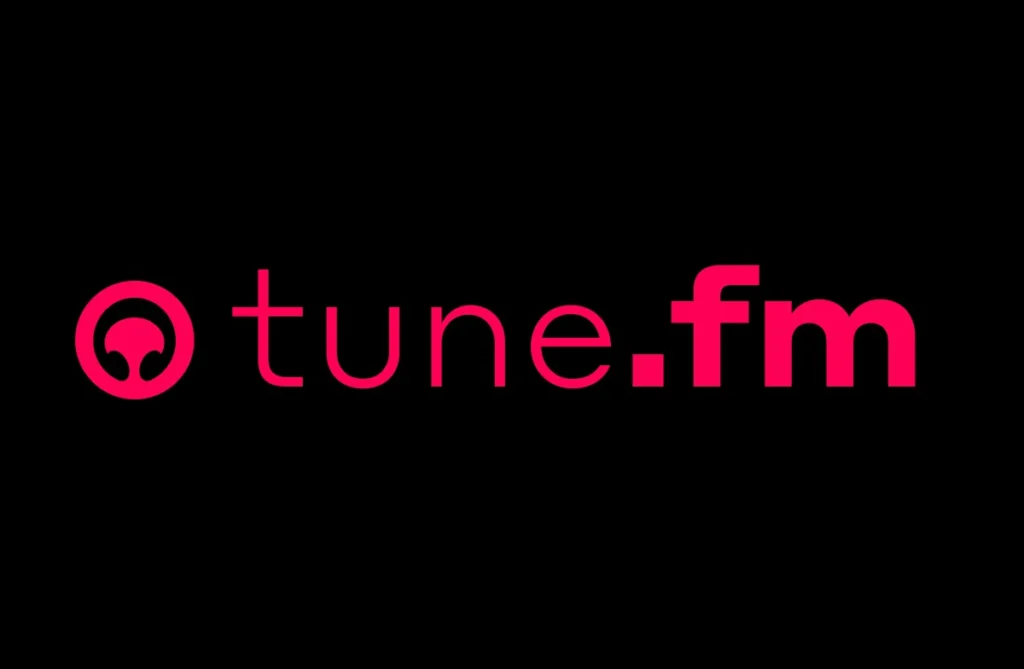Introduction
Let’s face it: the traditional music industry has been broken for decades. Imagine pouring your heart and soul into creating music, only to receive a pitiful $0.003 per stream. At that rate, you’d need a mind-boggling 250,000 streams just to earn a modest $1,000. Ridiculous, right? Enter blockchain music streaming—a technological lifeline for musicians everywhere.
By leveraging blockchain technology, smart contracts, and cryptocurrency, decentralized music streaming platforms offer greater transparency, fair artist compensation, and direct engagement with fans. No middlemen, no unfair cuts—just artists getting what they truly deserve.
Key Takeaways:
- Blockchain music streaming removes intermediaries, ensuring artists receive fairer payouts.
- Smart contracts automate royalty distribution, eliminating payment delays.
- Decentralized platforms promote transparency, allowing artists to track revenue in real time.
- Fans can support musicians directly through cryptocurrency and NFTs.
- The industry is shifting towards decentralization, with platforms like Audius and Opus leading the way.
How Blockchain Music Streaming Works
Think of blockchain music streaming as a musical revolution powered by technology. Unlike traditional platforms where faceless corporations control everything, this approach flips the script completely.
Imagine a world where musicians aren’t just creators, but true owners of their art. Blockchain makes this possible by creating a decentralized ecosystem that prioritizes artists’ rights and financial well-being.
Core Technology Breakdown:
- Decentralized Storage: Your music lives everywhere and nowhere, immune to arbitrary takedowns
- Smart Contracts: Automatic, transparent royalty distribution without human interference
- Cryptocurrency Transactions: Direct fan-to-artist financial connections
- NFTs: Unique digital collectibles that transform fan relationships
This isn’t just technology—it’s a musical democracy.
Benefits of Blockchain in Music Streaming
1. Fair Revenue Distribution
Traditional streaming platforms are musical vampires. Spotify, Apple Music, and others extract massive revenues while musicians struggle. Blockchain ruthlessly eliminates these parasitic middlemen.
By connecting artists directly with fans, blockchain platforms ensure:
- Dramatically increased revenue percentages
- Instant, automated payments
- Empowerment of independent musicians
No more begging for scraps—artists finally get their due.
2. Transparent Royalty Payments
Forget about mysterious accounting and delayed payments. Blockchain’s smart contracts create an immutable financial ledger where every single stream, purchase, and tip is meticulously recorded.
Benefits include:
- Crystal-clear earnings tracking
- Instant verification of transactions
- Significant reduction in payment disputes
- Near-elimination of royalty fraud
Transparency isn’t just a buzzword—it’s a promise.
3. Direct Artist-Fan Engagement
Blockchain transforms fans from passive listeners to active supporters. Musicians can now create exclusive experiences, sell unique NFTs, and build genuine communities.
Exciting possibilities emerge:
- Crowdfunding through token sales
- Exclusive digital collectibles
- Direct fan contributions
- Community-driven music development
The wall between artists and audiences crumbles.
Top Blockchain-Based Music Streaming Platforms
1. Audius
A decentralized music streaming platform that rewards artists with $AUDIO tokens and allows them to retain full ownership of their music.
- Over 6 million users worldwide.
- Free music streaming with crypto rewards.
- Decentralized storage ensures content longevity.
2. Opus
Built on Ethereum and IPFS, Opus offers a transparent and artist-friendly streaming experience.
- Smart contract-based royalty distribution.
- Users pay artists directly via cryptocurrency.
- High-quality decentralized music storage.
3. Emanate
Emanate uses real-time payment processing to ensure artists get paid instantly.
- Fast, transparent revenue sharing.
- Integration with Web3 technologies.
- Blockchain-based copyright protection.
These platforms empower musicians and change how music is consumed, shared, and monetized.
ALSO: Decentralized Music Streaming: The Future of Music Distribution
Challenges and Limitations of Blockchain Music Streaming
1. Adoption Barriers
Despite its benefits, blockchain music streaming has yet to achieve mainstream adoption. Challenges include:
- User resistance to cryptocurrency transactions.
- Complexity of setting up crypto wallets.
- Limited catalog compared to traditional streaming giants.
2. Scalability Issues
Current blockchain networks struggle to handle millions of transactions simultaneously, leading to high gas fees and slow processing speeds. Possible solutions include:
- Layer 2 scaling solutions like Polygon.
- More energy-efficient blockchain protocols.
- Off-chain solutions for faster processing.
3. Legal and Licensing Challenges
Navigating copyright laws in a decentralized environment is tricky. Blockchain-based platforms must:
- Ensure proper licensing for music uploads.
- Prevent unauthorized content distribution.
- Develop legal frameworks for global compliance.
Despite these challenges, ongoing innovation is addressing these issues, making blockchain music streaming more viable each year.
ALSO: Can You Copyright AI Music in 2025?
The Future of Music
Blockchain isn’t just changing music—it’s reimagining it. We’re witnessing the birth of a more equitable, transparent musical ecosystem.
Predicted developments:
- Mainstream decentralized streaming
- Enhanced blockchain scalability
- Artist-controlled digital marketplaces
- Fan-powered music economies
The revolution has begun—and musicians are finally in control.







